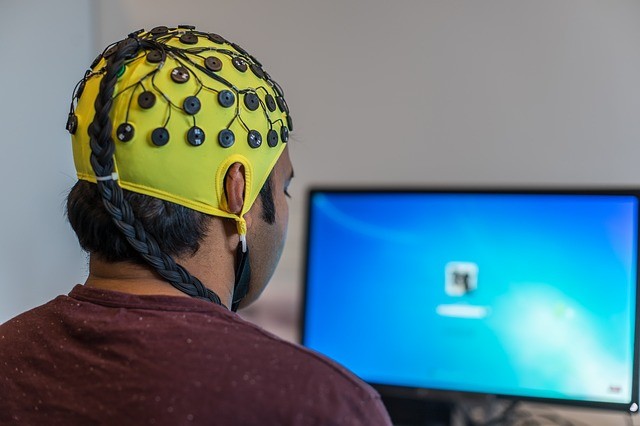The Brain-Computer Interface, or the BCI, is the next big thing with regards to neuroscience, especially as it aims to find treatment for neurological conditions, impairments, and other related concerns. The researchers from Brown University have shared their findings, highlighting its advancements and advantages once it is widely available.
Technology meeting with medicine is a massive thing, especially as it helps further the industry to find more solutions to a problem. In recent developments, an AI software called "mediKanren" has helped to look for treatment for a rare neurodevelopmental illness for a teenager.
Brain-Computer Interface for Neurological Problems

According to the researchers from Brown University, the venture is known as "neurograins," and these are brain-computer interfaces that correspond with each other and send signals. The sensors are deeply embedded to a person's brain, and it helps to communicate the needs or treatments that one requires.
The study was published on August 12 via Nature Electronics, and is entitled "Neural recording and stimulation using wireless networks of microimplants."
These "grains" are tiny in size and are microscopic, where it would focus on the brain's electrical activity and have the gathered data transmitted wirelessly for the experts to interpret.
Read Also : Neuroscience Researchers Use Neural Implant to Help Paralyzed Man Talk After Being Unable to Speak
How will it Treat Neuro Conditions?
Here, it would help the medical professionals determine further steps, treatments, surgeries, or medicine that a person needs, with regards to their problems.
It would help in upgrading from the current one or two sensor setup of BCIs, which can only determine synapses or electrical activity in a small group. These "neurograins" would help in determining or gathering more data, so that it would have a more efficient function, within a single procedure.
Having the right knowledge and information before proceeding into anything is the key to effective treatment concerning a said condition or illness.
What is a BCI?

A Brain-Computer Interface is somewhat of a detection system, and it helps health professionals learn more about a patient's condition, without the need to have open brain surgery. It uses attachments and other apparatus to help in detecting brain activity, to then be interpreted by a machine.
Furthermore, this is intended for neurological problems that have no physical pieces of evidence of an illness or condition like tumors or cancers metastasizing.
Related Article : Scientists Test Artificial Intelligence That Diagnose and Predict Dementia in a Single Brain Scan
This article is owned by Tech Times
Written by Isaiah Richard
ⓒ 2026 TECHTIMES.com All rights reserved. Do not reproduce without permission.




